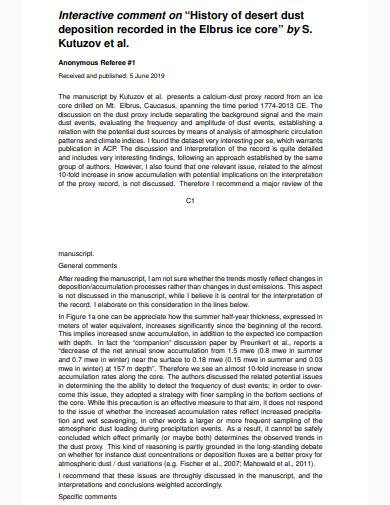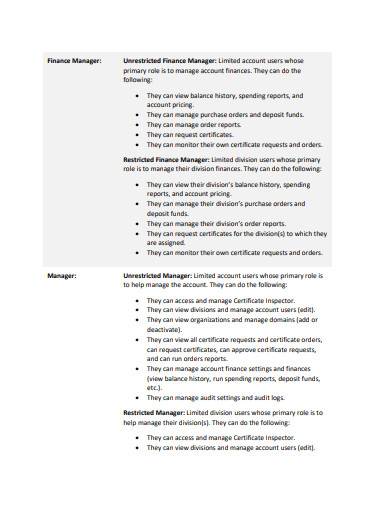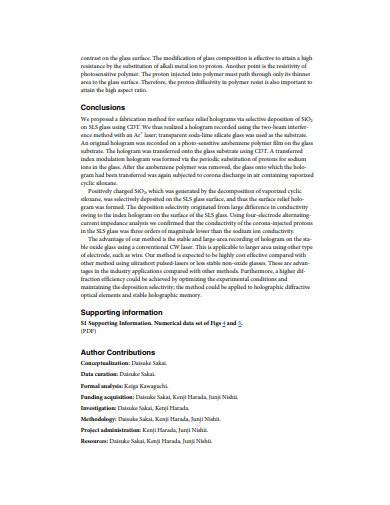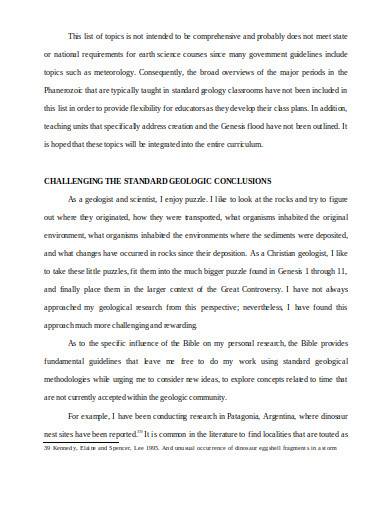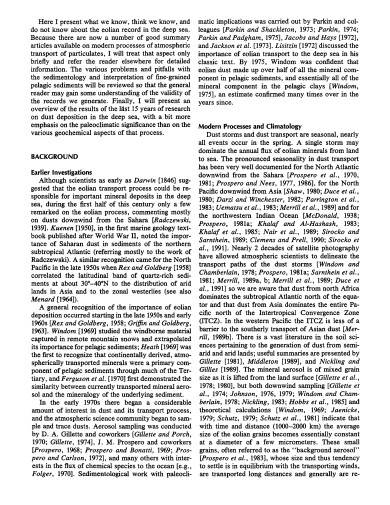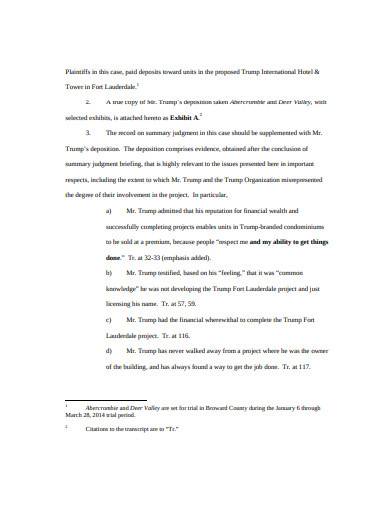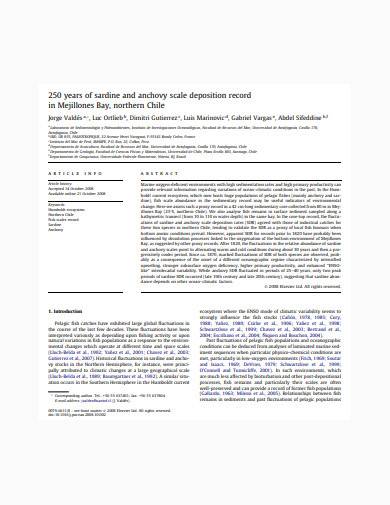Receiving a subpoena that urges you to provide a statement for a deposition regarding a case can be daunting and challenging. But, all you have to do is give your testimony, so it should be easy, right? Well, how about the court reporters and the attorneys who will be recording the deposition? So, if on the other end of the spectrum, or if you’re not the one giving the deposition, then you’ve got to be knowledgeable about deposition records. What are they? Read on to know.
6+ Deposition Record Samples in PDF | DOC
1. Deposition Record Sample
2. Deposition Record in PDF
3. Formal Deposition Record Template
4. Deposition Record in DOC
5. Sample Deposition Record Template
6. Basic Deposition Record Sample
7. Scale Deposition Record Example
How to Record a Deposition
Anyone involved in a deposition should be knowledgeable about how the court reporter and appointed videographer are going to record it. Why it’s relevant lies in the need for maintaining and gaining transparency during the deposition. Also, deposition records have to be protected, similar to how the involved parties are to be protected by the law. So, if you are the one assigned to record the depositions or maybe you’re just a party of a deposition such as a legal witness, then you will find the following tips helpful:
1. Verify the Reporters and Recorders
In the birth of new technologically advanced software applications that connects people from differing ends of the world, the problem of being physically present emerges. Some attorneys prefer to hire virtual or digital court reporters, instead of hiring ones who are from the court nearby. While some even prefer conducting internet depositions where all the involved parties will be online. Although convenient, there’s one flaw in this type of preference, which is the reliability of the involved. But, this issue can be omitted if attorneys will conduct background checks, view the reporter’s paralegal resumes, and other security measures to verify all parties in the deposition.
2. Gather and Provide Information
How disappointing would it be when you have begun the deposition, yet the one who is speaking is not the actual person required to provide his legal statements? Well, apart from the disappointment, you’re most likely wasting time as well. So, to avoid that, it’s one of your responsibilities — either you’re an attorney, court reporter, or a witness — to know about the one giving his deposition. Also, if there are any other details that the other parties must know about, such as the time and deposition requirements, you should provide it to them prior to starting the deposition.
3. Require Verbal Explanations and Descriptions
According to www.obrienandbails.com, using hand gestures is one of the top 10 mistakes that attorneys make when making legal depositions. Apparently, hand gestures won’t help, regardless if you’re the attorney or the one giving the deposition. So, there should be a constant reminder to the parties involved that hand and nonverbal gestures should at all times be avoided. And since you’re the one recording the deposition, it will be your job to state the reminder. You’ll not only be mandating clear communication but also helping out the court reporter as he jots down the conversations during the deposition.
And lastly, you must take your time. Although you may have a whole lot of other tasks and errands to run to right after, hurrying to end the deposition quickly will only cause more harm than good. So, you should ensure that you have allotted enough hours for your deposition, especially if it’s a criminal case. Additionally, you must also inform the involved parties that they must not hurry as well. And if there are questions to ask, they must address it accordingly. Also, each must wait for one person to finish speaking before beginning his speech, regardless of what it is about. And lastly, there should be an allotted break time, such as a fifteen-minute break for every two hours in the deposition.
What are the benefits of recording a deposition?
There are many benefits that the involved parties can gain when a deposition gets recorded. Most importantly, witness statements and testimonies can be documented and preserved accurately. And, in the case of video depositions, the body language of every individual will be seen as well, which then can play a significant role in determining fallacy and accuracy.
How does a deposition record gets used in court?
The deposition records, be it a video, written, or audio record of the depositions, will only be used when needed. For instance, if there’s an apparent contradiction between the statements of the one who previously provided the deposition than what he stated in court, then the records will be a tool to prove fallacy. Legal experts can also use the records and examine the claims and witness statements recorded in it for gathering information about a case.
I received a subpoena for a deposition, can I opt to not allow a video recording as I give my deposition or statements?
Yes, you can opt to not have a deposition video record, but you must know that it’s best to have one. On the one hand, your attorney and the other attorneys involved may present other options for you, such as an audio recording or plainly a written deposition record.
Regardless of your role in a deposition, you must be someone who favors the truth and nothing else. And if you see that there’s a flaw or a mistake in the deposition records presented in court, then speaking up can be beneficial for everyone involved. Lastly, you must also have your own copy of the deposition records and every court forms or documents you have signed. Having your own copy will allow you to present and prove the accuracy of any claims in the event of disputes and contradictions in court.
Related Posts
Weekly Schedule Samples & Templates
Contractual Agreement Samples & Templates
FREE 9+ Amazing Sample Church Bulletin Templates in PSD | PDF
Sample Business Card Templates
Sample Cashier Job Descriptions
Questionnaire Samples
FREE 10+ Sample HR Resource Templates in PDF
FREE 10+ HR Consulting Business Plan Samples in MS Word | Google Docs | Pages | PDF
FREE 49+ Sample Job Descriptions in PDF | MS Word
FREE 16+ Nonprofit Budget Samples in PDF | MS Word | Excel | Google Docs | Google Sheets | Numbers | Pages
FREE 13+ Academic Calendar Templates in Google Docs | MS Word | Pages | PDF
FREE 10+ How to Create an Executive Summary Samples in Google Docs | MS Word | Pages | PDF
FREE 23+ Sample Event Calendar Templates in PDF | MS Word | Google Docs | Apple Pages
Company Profile Samples
FREE 10+ Leadership Report Samples [ Development, Training, Camp ]

